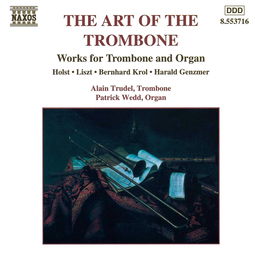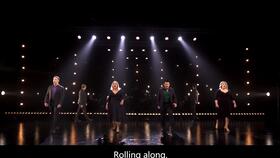Overcoming the Challenge of Slow Reeling in Fishing: Tips and Techniques
Fishing, an ancient pastime that has stood the test of time, offers a serene and rewarding experience. However, even the most seasoned anglers face challenges that can test their patience and skill. One such challenge is dealing with slow reeling, a situation that can occur when the line is pulled in too slowly, leading to frustration and, potentially, lost catches. In this article, we will delve into the causes of slow reeling and provide practical tips and techniques to help you overcome this common issue.
Understanding the Causes of Slow Reeling

Before we can address the problem of slow reeling, it is crucial to understand its causes. Slow reeling can be attributed to several factors:
Inadequate Reeling Speed: One of the most common reasons for slow reeling is simply not reeling fast enough. This can happen due to inexperience or a lack of focus.
Line Drag: If there is too much tension on the line, it can cause the reel to slow down, making it difficult to maintain a steady pace.
Poor Line Management: Entangled lines or a lack of line space can lead to slow reeling as the reel struggles to move the line smoothly.
Reel Malfunction: Sometimes, the issue may lie with the reel itself, such as a worn-out drag or a misaligned spool.
Fish Behavior: Occasionally, the fish might be the reason for slow reeling, as they may be fighting back or moving erratically.
Tips for Overcoming Slow Reeling
Now that we understand the causes, let's explore some effective tips and techniques to overcome slow reeling:
Practice Reeling Technique: The key to successful reeling is practice. Spend time mastering the art of reeling by practicing with different types of reels and fishing scenarios. Pay attention to the speed and rhythm of your movements.
Adjust Reeling Speed: Depending on the fish species and the conditions, adjust your reeling speed accordingly. For example, when targeting fast-moving fish like bass, you'll need to reel faster, whereas for slower-moving fish like trout, a slower pace might be more effective.
Check Line Tension: Regularly check the tension on your line. If it's too tight, you may need to ease up on the pressure. Conversely, if it's too loose, increase the tension to maintain a steady pace.
Manage Line Space: Ensure that there is enough line space on your reel. This prevents the line from becoming tangled and slows down the reeling process.
Inspect and Maintain Your Reel: Regular maintenance of your reel is essential. Check for any worn-out parts, such as the drag or the spool, and replace them if necessary. A well-maintained reel will function more efficiently.
Be Mindful of Fish Behavior: If you notice that the fish is fighting back or moving erratically, it might be time to slow down your reeling pace. This can help you avoid losing the fish and give it a chance to tire out.
Use a Reel with a Good Drag System: A reel with a reliable drag system can help you maintain control over the line, even when the fish is putting up a fight. Look for reels with adjustable drag systems that allow you to customize the tension to your preference.
Use a Monofilament Line: Monofilament lines are known for their smoothness and flexibility, which can help reduce the chances of slow reeling. However, always choose the appropriate line strength for the fish you are targeting.
Consider Using a Reel with a Counterbalance: Some reels come with a counterbalance feature that helps maintain a consistent reeling speed. This can be particularly useful for anglers who are prone to slow reeling.
Stay Calm and Patient: Lastly, remember that fishing is a patient sport. Stay calm and focused, and don't let slow reeling frustrate you. With practice and the right techniques, you'll be able to overcome this challenge and enjoy the rewards of your fishing endeavors.
In conclusion, slow reeling is a common issue that can be addressed with the right knowledge and techniques. By understanding the causes, practicing proper reeling techniques, and maintaining your equipment, you can overcome this challenge and enjoy a more successful and enjoyable fishing experience. So, the next time you find yourself struggling with slow reeling, remember these tips and techniques, and you'll be well on your way to mastering the art of fishing.












